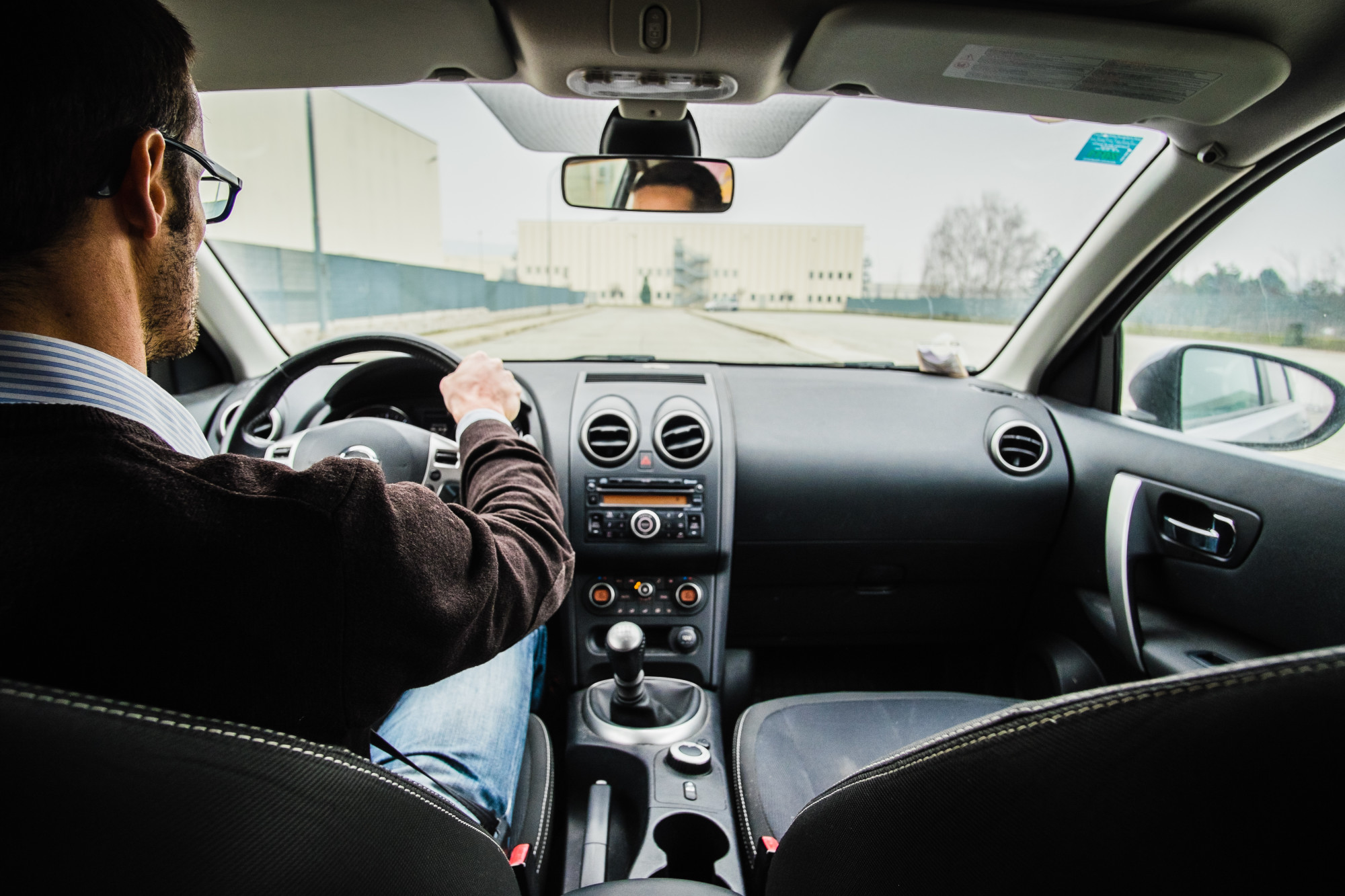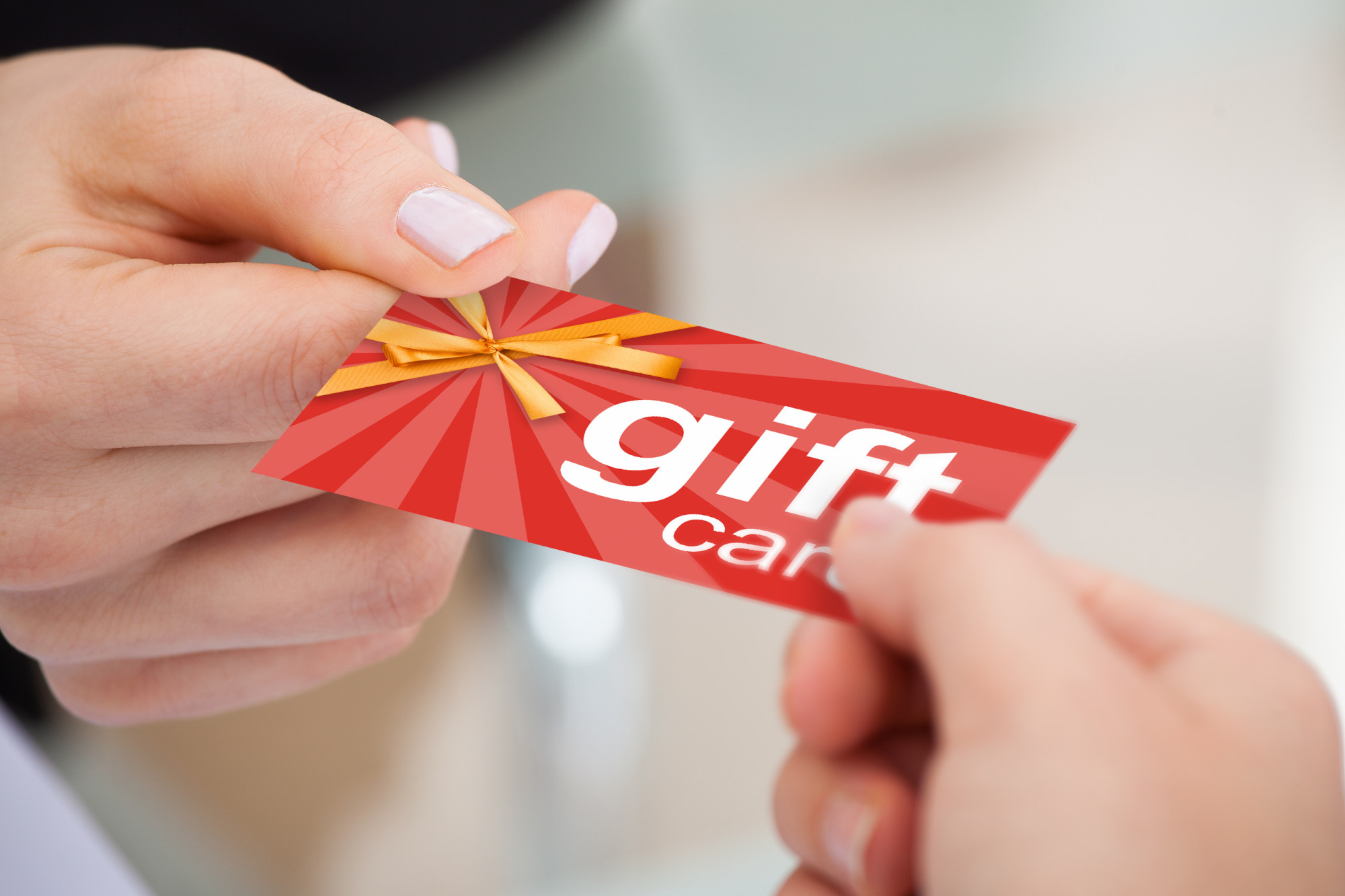5 Things You Should Keep in Your Car

Can you count how many things you have in your car?
In the United States, owning a car is essential to everyday life. Owning a car can help ease the weight of daily tasks and commute. Above necessities, many car owners also prefer to travel with their cars.
Whether you like traveling or using your car daily, you need to be ready for anything. Preparing ahead of time will allow you to save any trouble and stress. Knowing what you should keep in your car is one of the first steps to disaster preparedness.
In this article, we list five things that you need in your car at all times. Take note of these emergency items that you should keep in your car.
1. First Aid Kit
A first aid kit is one of the primary things you should keep in your car. A first aid kit should contain everything that can help you in case of an accident. This will be your primary tool in natural disasters or if someone gets hurt outside the vehicle.
Your first aid kit should contain antibacterial ointment, burn ointment, and cleansing alcohol. It’s also good to have gauze, band-aids, and bandage wraps in your first aid kit. When assembling your first aid kit, take note of any health issues you may have.
Remember to include any prescription drugs and special medication. You may also include basic non-prescription medicine for head or stomach aches. Pain killers can also help while you’re driving down the road.
You may also keep some vitamins in your first aid kit. Putting your health first could be a perfect solution to a problem that isn’t there yet.
Choose a first aid kit that has enough compartments for easy organization. You need a sturdy first aid kit that can fit under your car seat for easy access.
2. Roadside Flares
Roadside flares are crucial not only for your safety but also for other drivers. If you encounter a vehicle problem, emergency flashers may not be enough. Roadside flares will help you catch the attention of other drivers or motorists on the road.
Roadside flares can give you brighter and a deeper intensity than a blinker or flashlight. This is beneficial for motorists who may not notice a standard blinker on a dark road. Roadside flares are resistant to water and don’t require batteries.
You can store these anywhere in your car without worrying about extra batteries. Keep your road flares 15 feet behind your car. Place another at least 30 feet away to allow incoming motorists to slow down in time.
You may need extra road flares to place in front of your vehicle if you end up on a two-lane road. This allows you to keep yourself and other incoming drivers safe on a dark road.
3. Car Tools
Every car owner should have the necessary tools to maintain and manage their car. Carrying a spare tire will help you save time if you get a flat tire. Make sure to always have a lug wrench and jack with your spare tire.
These three items must always come together. You could end up stranded on an empty road if you don’t have your tire-changing tools. This is crucial, especially if you’re not anywhere close to an auto-shop.
Aside from your tire-changing tools, you must always have jumper cables. In case your battery dies, you can’t always rely on a helpful passerby. Your insurance provider may provide roadside assistance.
However, if you’re in a dangerous situation, having jumper cables on hand will be handy. Must jumper cables are inexpensive, whether online or in retail stores. Remember to practice jumpstarting a battery.
4. External Phone Charger
In any situation, a fully-charged phone is always your best friend. Almost everyone in the world takes their phone with them wherever they go. Whether you’re using your car for a daily commute or cross-country travel, you need a phone charger.
A phone charger will be your first tool in case of emergencies. If your car breaks down or you get locked outside your car, you can call a mechanic. Having a fully-charged phone will also help you in case you get in an accident or feel trapped in a bad situation.
Having an external phone charger or power bank is essential if you often use your phone. Drivers often use their phones for entertainment, like listening to music or audiobooks. Having a drained phone may be okay in a normal situation.
However, being in an emergency with a dead phone may isn’t sound. If you need a source of power, an external phone charger is great to have with you. You can find a quality power bank in any store near you or online.
Many power banks can charge more than one device. You can also find different cords for different phones.
5. Oil and Water
When you own a car, you need to know how to take care of it. This may include knowing how to listen to discrepancies and detecting unusual smells. The smell of burning oil may point to a leak.
If your oil level is often low, you may need to carry some extra quarts of oil. This is crucial during long road trips and for lubricating your car between oil changes. Carrying water in your vehicle alongside oil is a must.
Water is essential in any emergency or weather. If your radiator is low on fluids and you don’t have any antifreeze, water can be your last resort. Carrying water with you is also important for your health and well-being, especially during long car rides.
Now You Know What You Should Keep in Your Car
Many people consider their car as their second home. From car tools to a first aid kit, here are some things you should keep in your car.
These five things can help you in a bad situation if you’re in your car, but you can do more! Check out our blog posts for more guides for disaster preparedness.



